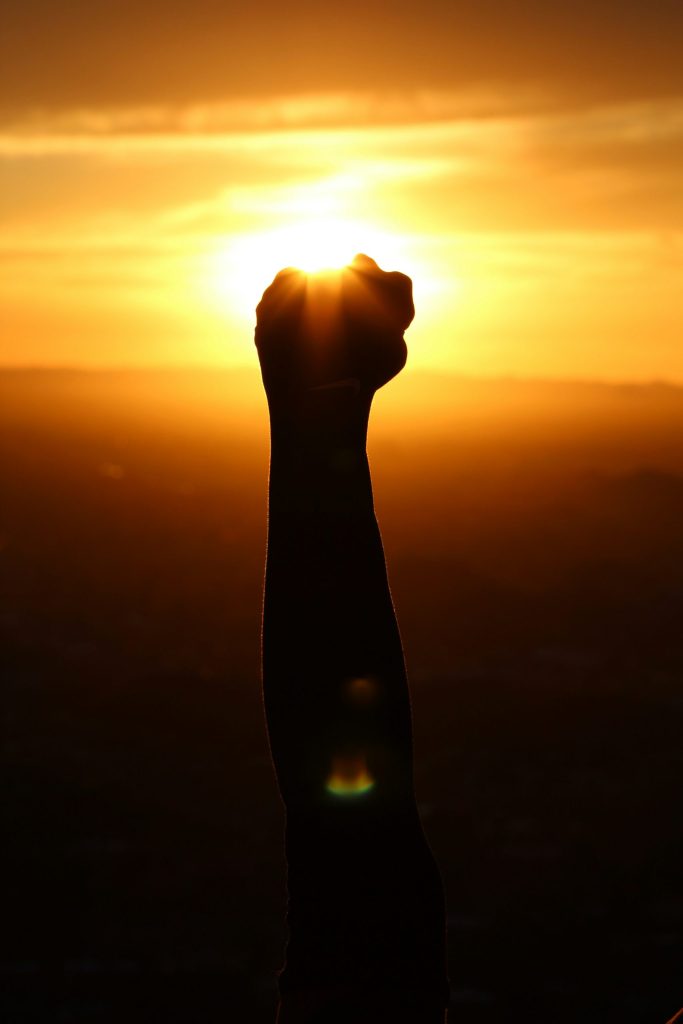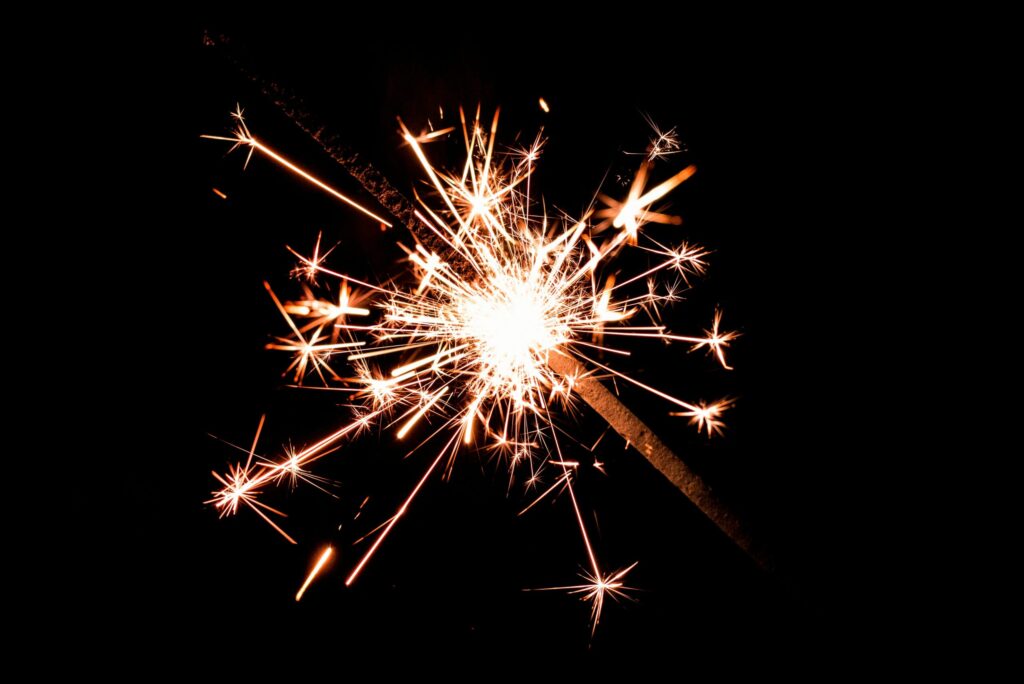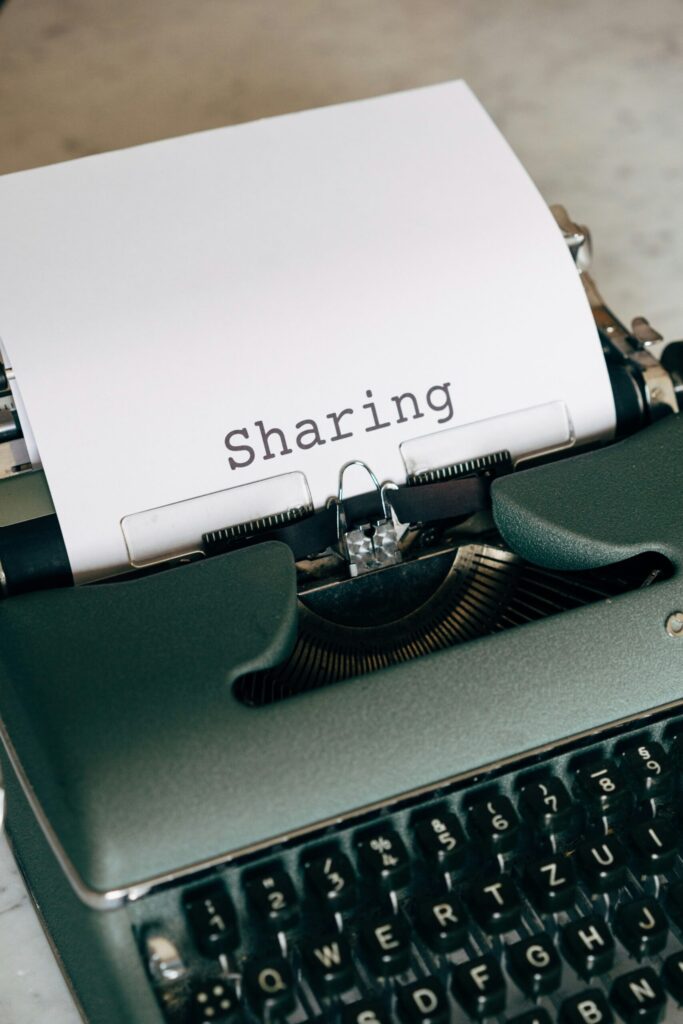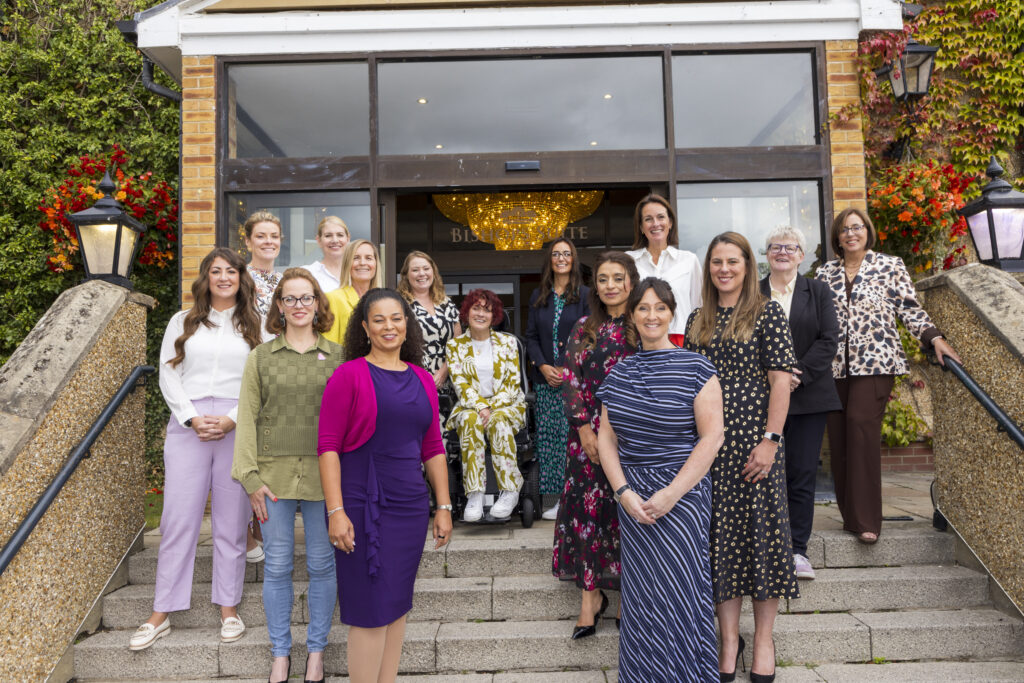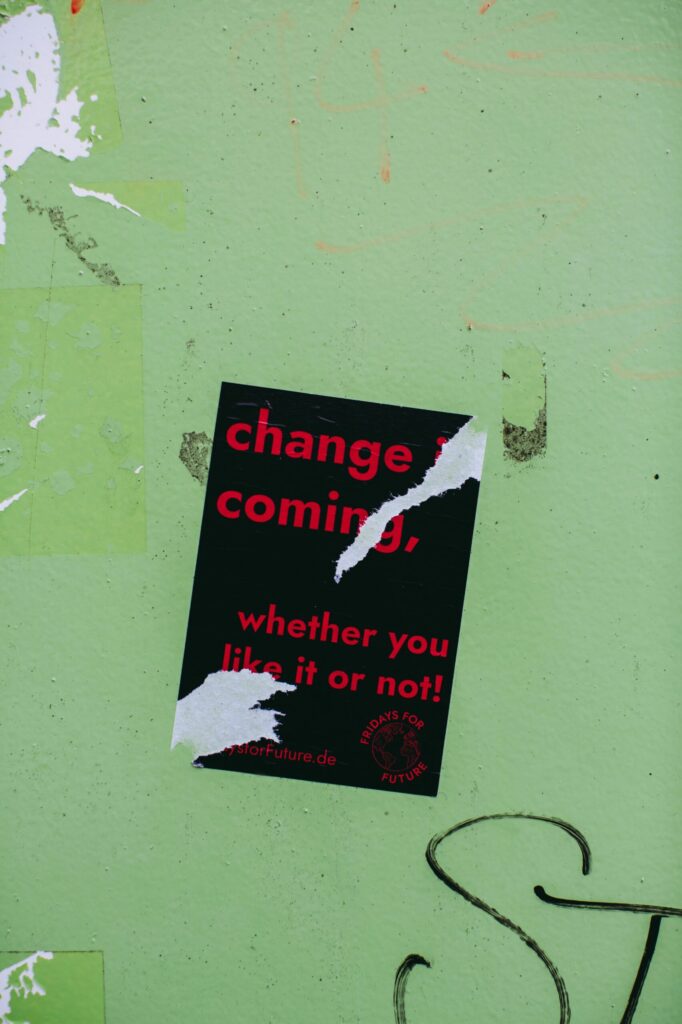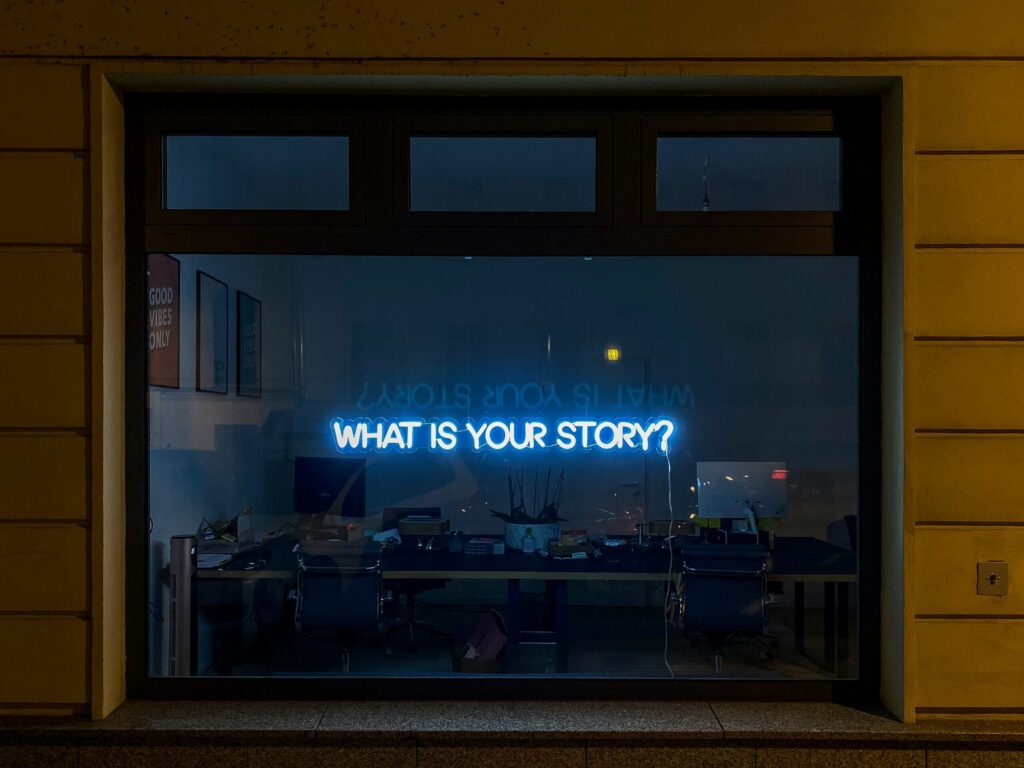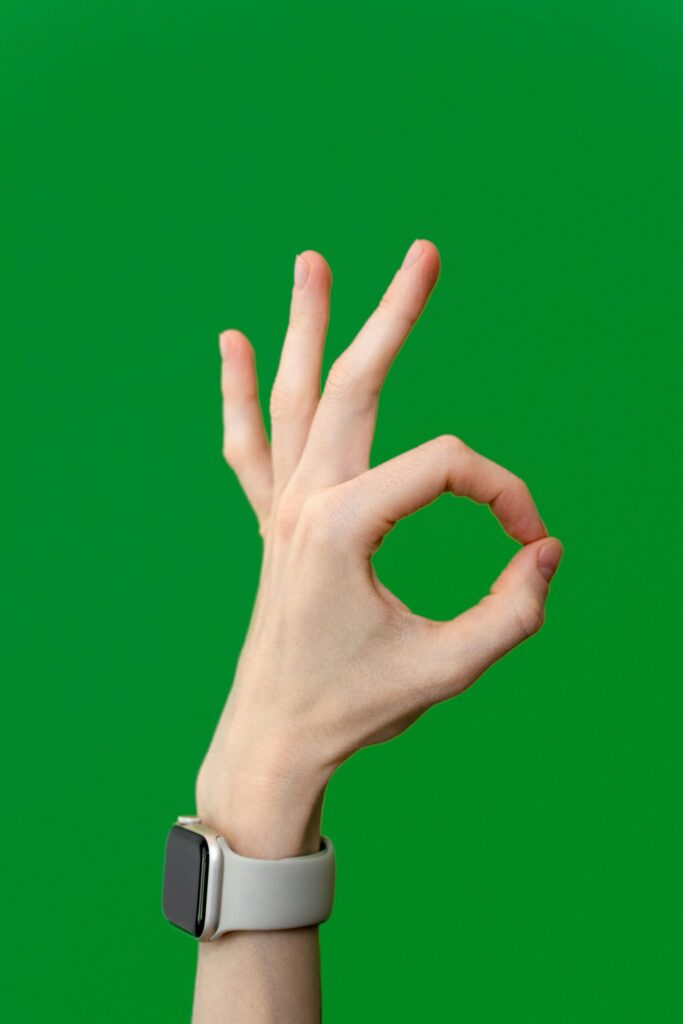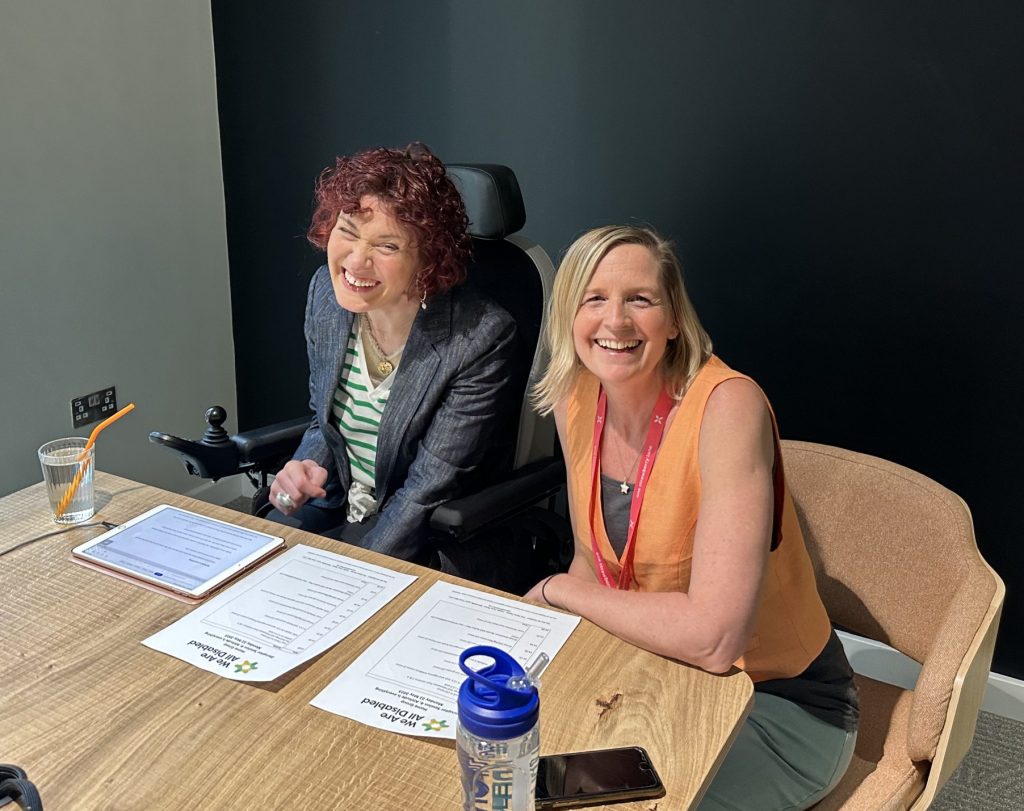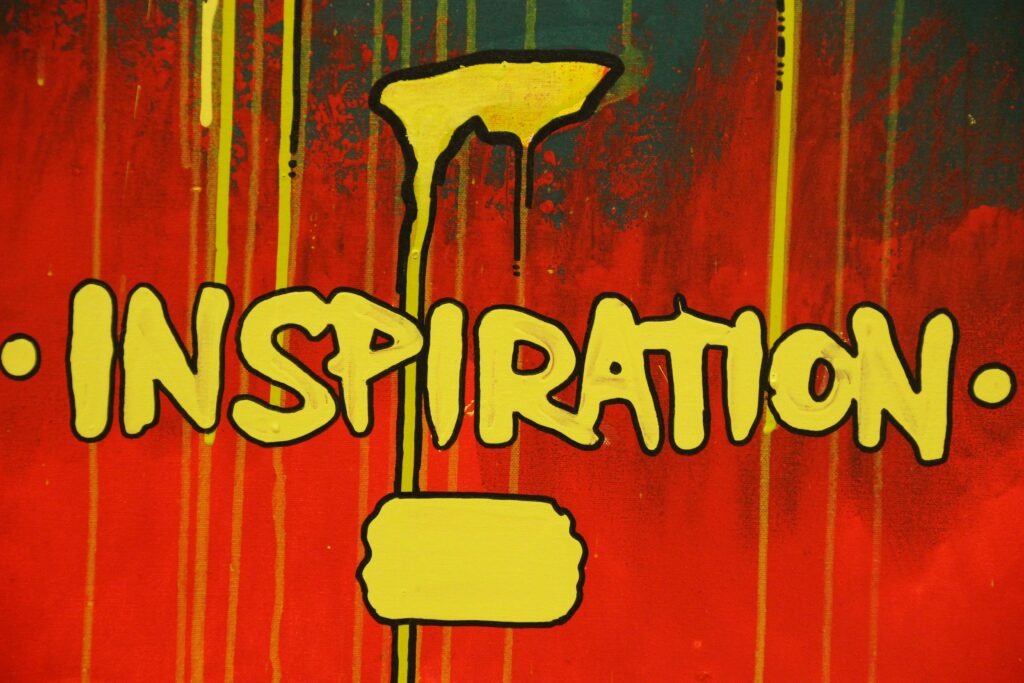Minority groups including disabled people have fought long and hard for their rights and continue to do so. This is vitally important in order to tackle inequality.
However the term ‘fighting’ by nature is aggressive and combative and has the tendency to make us assume that one side is pitched against another – for example disabled against non-disabled. It also reinforces the ‘Us and Them’ rhetoric which keeps us divided and less accepting of our shared humanity.
Of course whilst I believe that it has been important for disabled people to fight to gain equality and to have their voices heard, I believe that it’s now time to shift towards a more ‘Affirmative’ approach which celebrates difference and ultimately will close the binary divide between disabled and non-disabled people.
I have had to work hard throughout my life to change the way that people perceive me. Nowadays I continue to challenge perceptions through my work as a public speaker and through We Are All Disabled.
Challenging bias can be difficult and uncomfortable for people and, I believe, requires a sensitive and respectful approach.
My work and the work of We Are All Disabled aims to create an atmosphere of acceptance and inclusion through encouraging people to think differently about disability. We promote the Affirmative model which celebrates difference and embraces positive social identities for disabled people.
Everything I do both in my professional and personal life is embedded within the Affirmative model of disability. My cerebral palsy is one of the many characteristics that make me who I am and a unique individual.
Most of the people I meet are fully committed to the ED&I agenda and to being more inclusive personally and professionally.
Yet even when we have the best intentions and believe ourselves to be non-judgemental and unbiased, we all have perceptions which have been instilled in us through our parents, friends, peers, culture and wider society. Many of these are unconscious but still affect our attitudes and behaviours.
It is vitally important for us all to make an effort to open up conversation, discussion and debate around perceptions of disability in order to challenge biases and combat prejudice.
WAAD’s Disruptor programme and workshops provide safe spaces for open conversations where participants are encouraged to look within and challenge their own perceptions, attitudes and behaviours in order to create real, positive and lasting change at an individual, team and organisational level.
Having these real, honest and difficult conversations changes how we think and feel about disability, has an impact on our behaviour and leads to a positive cultural shift. In this way we can win the ‘fight’ towards a more accepting and inclusive society.
Photo by Richard Felix on Unsplash
